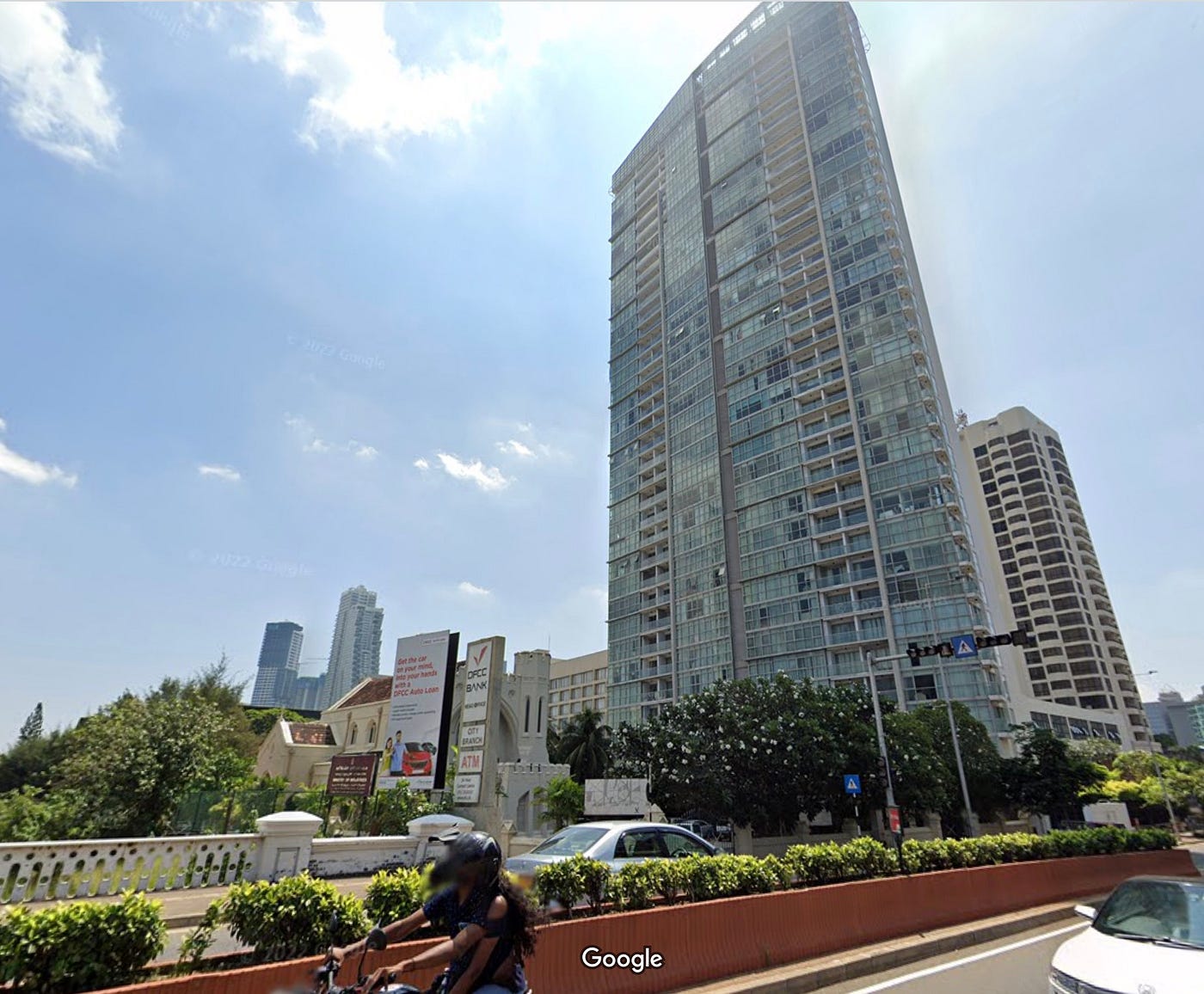The Bad Religion Of Capitalism

InReligion In Human Evolution, Robert Bellah says “Religion is a system of beliefs and practices relative to the sacred that unite those who adhere to them in a moral community.” Modern, ‘educated’, consumers don’t live in such a religious community, but we still live in community of belief. To paraphrase Bellah, ‘Capitalism is a system of beliefs and practices relative to the profane that unite those who adhere to them in an immoral community.’ We follow a religion of sorts, just a bad one.
That’s what we’ll discuss in this blog post, but first we have to bonfire some vanities.
The Monopoly Of Reality
The central conceit of Capitalism is that is simply a realistic philosophy that delivers results. It might not be pretty, but it works. It’s just the way it is. People are inherently selfish, but if this nature is harnessed through artificial intelligence (corporations) it can produce the greater good. Thus Capitalism as a belief system produces real miracles (planes! TVs!) and thus has a monopoly on reality. Everything else is just belief.
You can see to dominance of this bad religion quite visibly in any city. Just look up. The tallest spires we raise are to banks. What we worship there is greed. Now look around. The walls are covered with art, just not religious art anymore. It’s all advertising. What we worship now is the self, and the better incarnation that every advertisement promises us. These are all beliefs in the profane (greed, hoarding) which unite us in immorality (selfishness, pride, lust). Capitalism is thus a religion out of sorts. As I said, a bad one.
Unlike other religions which at least have some concept of good at their core, Capitalism has nothing but greed and selfishness at its center. Whereas bad is a common side effect of all religions, with Capitalism it’s the exact opposite. With Capitalism good is a side effect while the central organizing principle is bad. It’s the worship of money, the self, and every possible sin. Capitalism’s saving grace was that it ‘worked’ but in truth it only worked like any deal with the devil. A brief period of vaunted ‘progress’ followed by the loss of everything.
Multiple Realities
Bellah talks about multiple realities, but specifically two categories. I’ll call them the everyday and the extraordinary. Bellah said“the paramount reality in which we live is the world of daily life, what Max Weber called the everyday.”

This everyday reality is organized around fixed time and space, and ignores the fact that that time is set around the death of a prophet and space is bifurcated into East and West largely around his birthplace. Forgetting its origins, this fully-formed everyday reality is what we inculcate children into with school bells and either beatings or the promise of future deprivation. We tell them to stop imagining their own realities and live in this one. Which an imagination nonetheless, just a communal one. As Bellah says:
“The world of daily life, like all the other multiple realities, is socially constructed. Each culture, each era, constructs its own world of daily life, never entirely identical with any other. Even the meaning of “standard”
time and space differs subtly between cultures, and fundamental conceptions of person, family, and nation are all culturally variable.”
Whatever its manifestation, the one commonality is that the everyday is also unbearable every single day. As Robbie hilariously says, “one of the first things to be noticed about the world of daily life is that nobody can stand to live in it all the time.” And this is where we get into the commonalities between the religious extraordinary and the capitalist one. Because they are both escapes, just in opposite directions.
Religion is, in effect, an escape up, into the arms of a higher power, out of this finite life, into a higher calling. This is frequently corrupted into the everyday gains of the preacher and/or pedophile, but the goal is to get up and out.
Capitalism, on the other hand, is an escape down, into the baser instincts of greed and selfishness, which is supposed to lead to the greater good across the actions of the community. I mean, it doesn’t (the social gains capitalism claims are actually from socialist rebellions) but Capitalism is most excellent at devouring its rebellions, like Rome devouring the religion of the man it crucified.
The difference is in the direction of escape, the vector of belief. In religion it’s a belief in a higher power, in Capitalism its a belief in our baser instincts, somehow tempered with an invisible hand into something great. The commonality is that these are all just belief systems and practices that form a functional community. One centered on the sacred, the other the profane. One trying to inculcate morality based on rumored miracles, the other encouraging immorality with ‘real’ commodities that do miraculous things. Hence what I call the distinction between regular religion and the ‘bad’ religion of Capitalism. It’s not that religious religions don’t do bad things, God they do. It’s that Capitalism isn’t even trying.
To paraphrase Bellah again, ‘Capitalism is a system of beliefs and practices relative to the profane that unite those who adhere to them in an immoral community.’ That is the community we live in across the globalized, capitalized world. What it’s like to live in such a community is what I’ll discuss in the next blog post, because I’m hungry and tired of writing, and also I need to finish the chapter. Salaam homies.